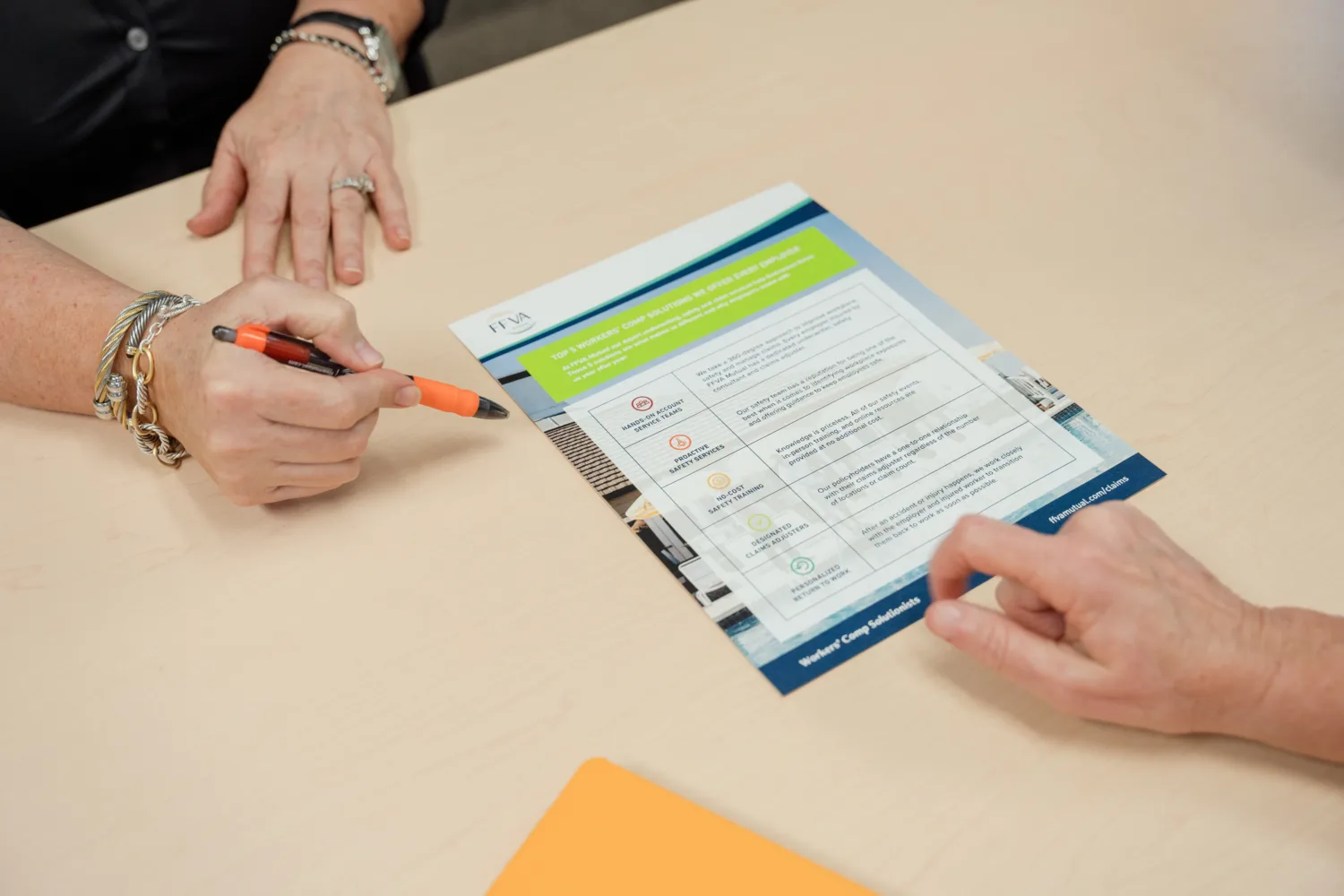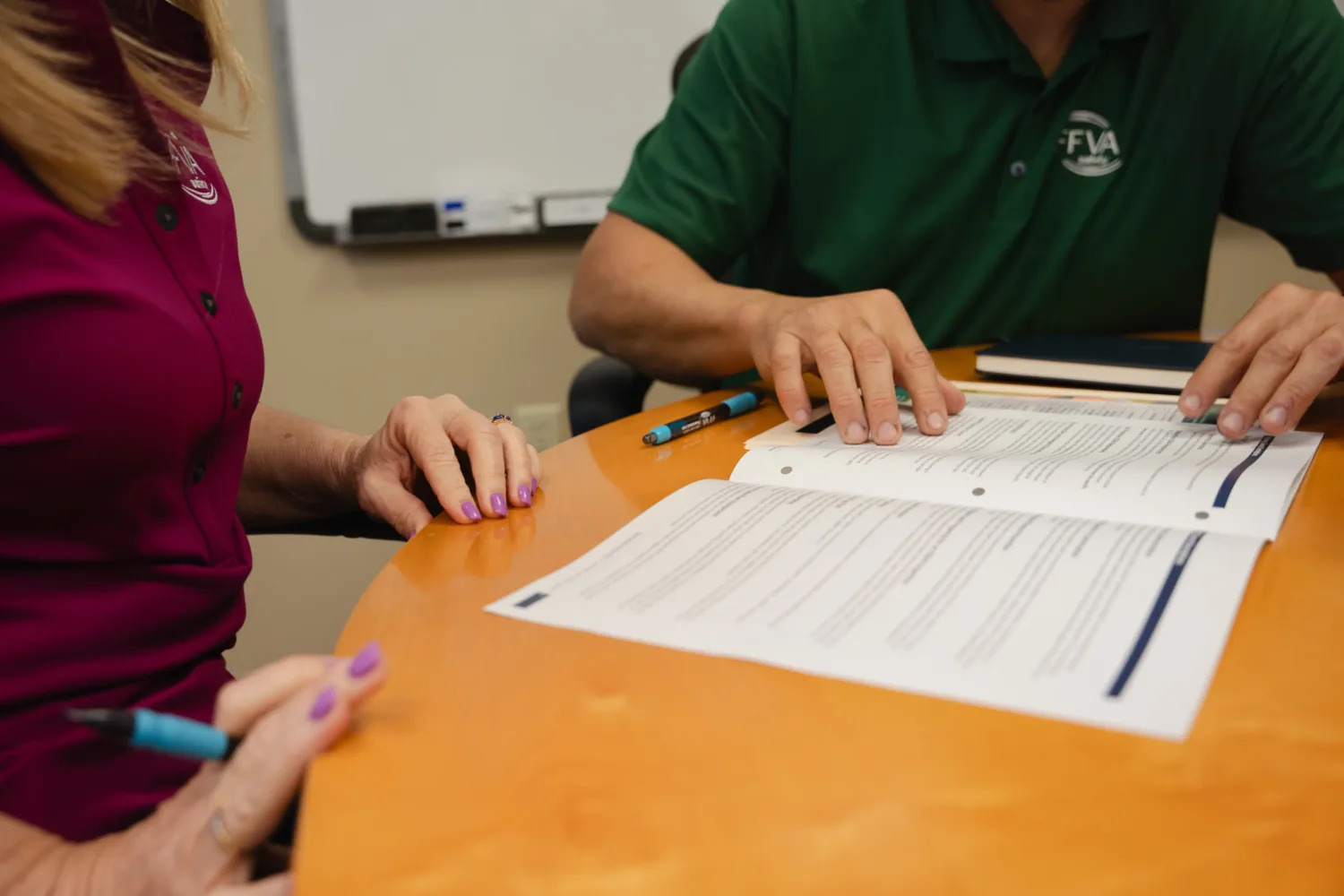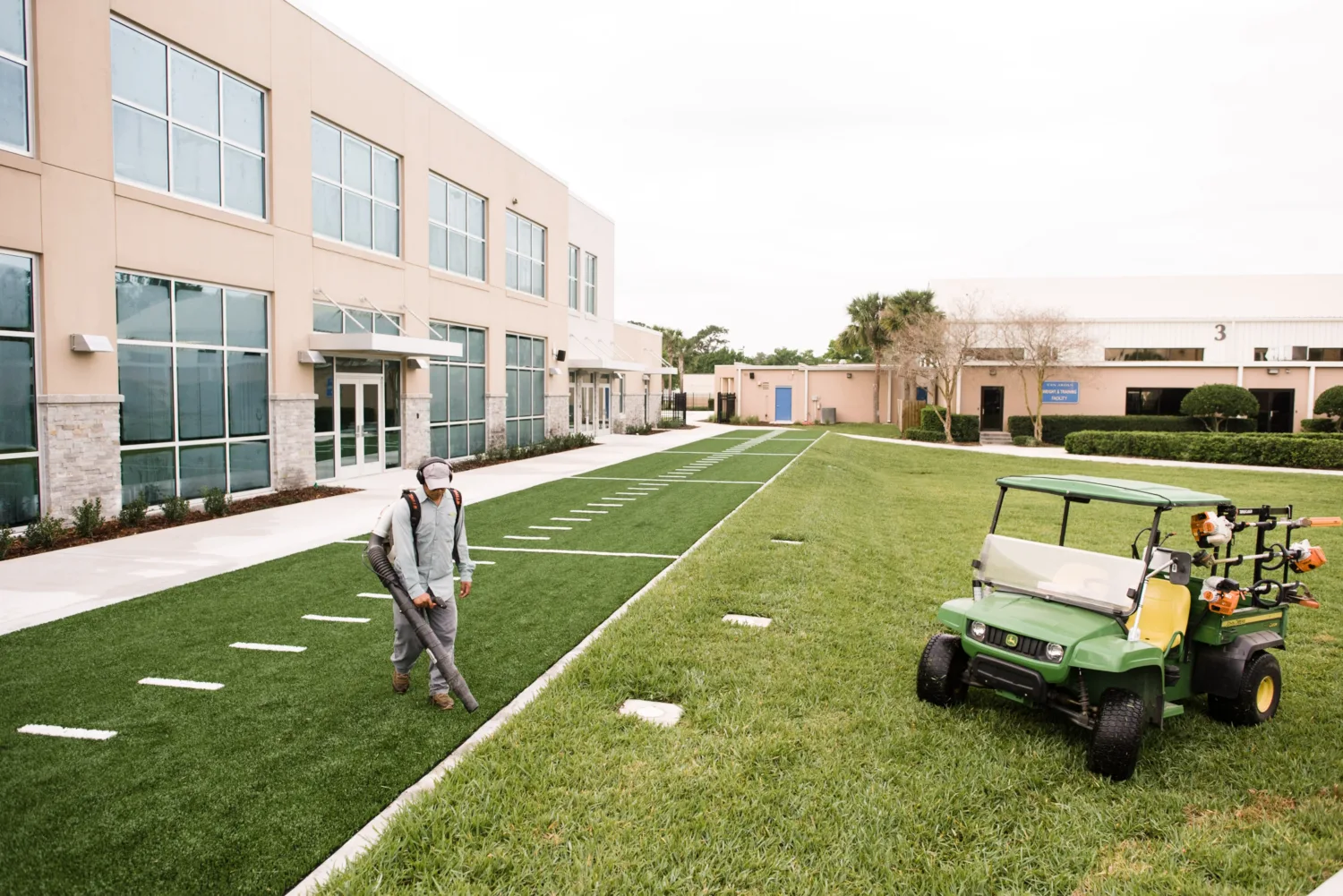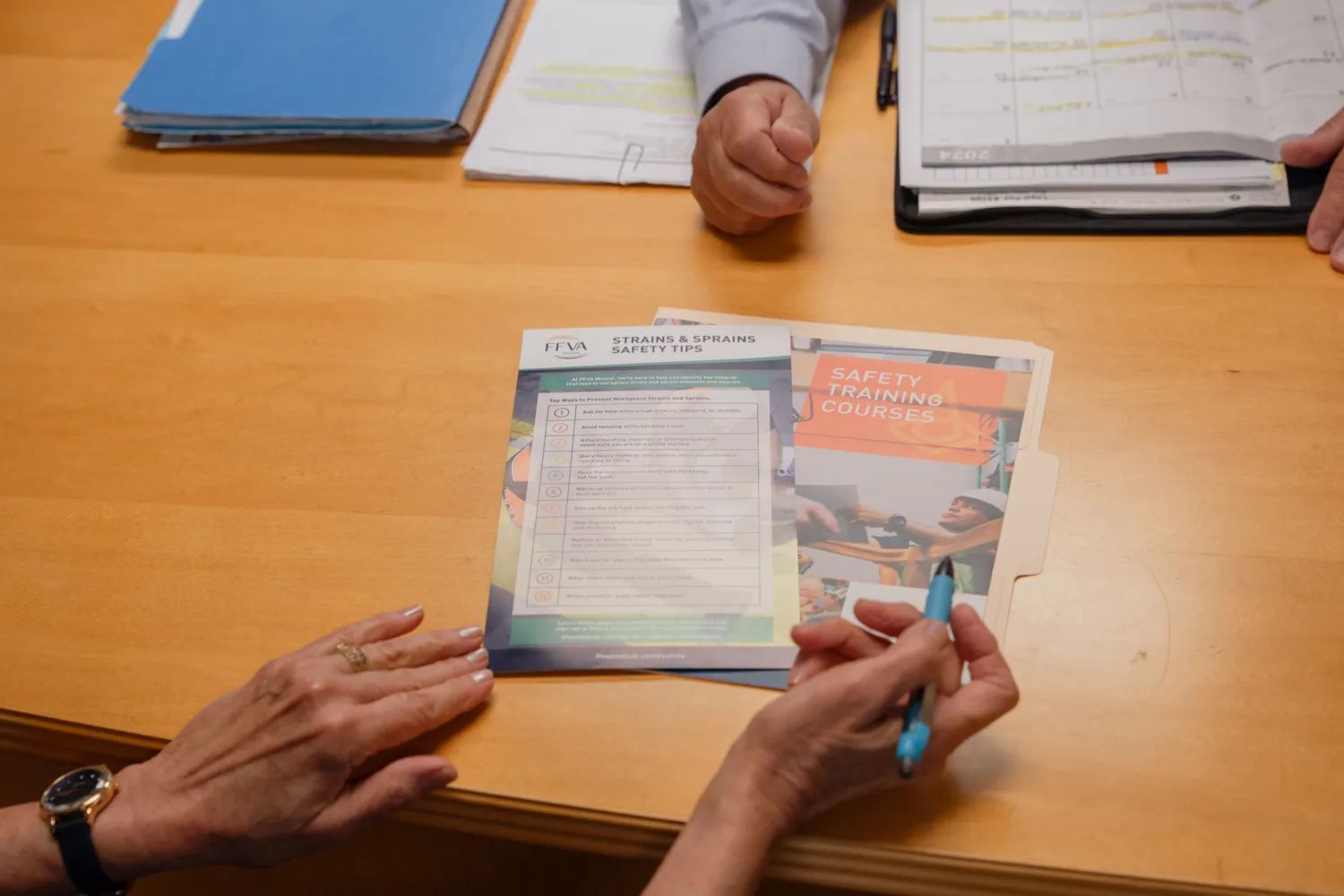What Florida does to Prevent Distracted Driving
Distracted driving is a growing concern across the state of Florida. Although the state has enacted legislation aimed at tackling this problem, recent data suggests it has largely gone unenforced, and the number of fatalities due to distracted driving continues to climb.
For Florida employers, distracted driving is a serious problem that could have a number of negative consequences for the business. That’s why it’s important for you to take meaningful steps to ensure employees practice safe driving habits while using company vehicles.
How big a problem is distracted driving in Florida?
Distracted driving is a serious problem for Florida employers. The Florida Department of Transportation (FDOT) reported that between 2017 and 2021, there were 53,000 work-zone crashes, of which more than 2,200 led to serious injury or death. While the percentage of total work-related injuries attributed to transportation incidents in Florida is below the national average, it is still higher than all other causes of injury, according to the U.S. Bureau of Labor Statistics.
While work-related crashes alone are a serious problem for businesses, they can also have downstream consequences that can make it hard to safeguard your business’s long-term performance and stability. These include:
- Work stoppages.
- Workers’ compensation claims.
- Lost revenue.
- Low productivity.
- Low morale.
Moreover, a driving accident can also negatively impact the wider community. Accidents often lead to traffic jams and road closures, and that can make it difficult for workers and businesses in other industries to complete their daily functions, making motor vehicle safety a truly statewide concern.
Current laws and regulations against distracted driving in Florida
Florida made a serious effort to tackle distracted driving in 2019 when state lawmakers passed the Wireless Communications While Driving Act in July 2019. Containing two sections, the law effectively put a ban on texting and driving (while also placing strict limits on other electronic device usage), according to the Florida Department of Highway Safety and Motor Vehicles (FLHSMV).
The first section prohibits drivers from sending text, email or instant messages while operating a motor vehicle, and it empowers Florida law enforcement officials to issue citations to violators. The second section of the law bans the use of all wireless communication device usage in school and work zones, a reflection of the higher safety standards required in these areas. After a grace period that ended on Dec. 31, 2019, the new distracted driving law became fully enforceable.
On the back of this new law, the FLHSMV launched the Put It Down: Focus on Driving campaign in partnership with local law enforcement officials. The campaign was designed to educate Florida residents about the dangers of distracted driving, while also sharing safe driving practices to help drivers put their safety in their own hands.
The impact of Florida’s distracted driving efforts
Unfortunately, almost two years on from the new law, the legislation looked more like a smokescreen than a serious effort to combat distracted driving. In March 2021, reporters at the Orlando Sentinel reported that the state had so far failed to capture the necessary data from many sheriff and municipal police departments, and further digging found that behind this non-data, law enforcement officials have rarely issued any traffic citations at all.
For example, in Broward County, home to roughly 2 million residents, officials issued texting-and-driving tickets to just 18 drivers. Similar discrepancies abound in numerous other counties across the state, revealing a trend of nonenforcement that has allowed the problem to get worse. In 2021, two years after the passage of the law, fatalities due to distracted driving reached 333, an eight-year high.
Changes Florida could make to prevent distracted driving
The obvious first step to combating distracted driving in Florida is for state officials to put pressure on local law enforcement agencies to enforce the existing legislation.
That alone, however, might not be enough. Some legal experts argue hat the Florida distracted driving law doesn’t go far enough. Many Florida attorneys note that while texting and driving is a serious motor safety concern, there are several other activities — including eating, talking, fiddling with navigation systems and a variety of other activities — that can distract drivers but are still considered perfectly legal.
Passing more comprehensive driving laws and bans on other distracting activities — as well as putting mechanisms in place to enforce them — could help to further reduce distracted driving and help keep drivers safer on the road.
What businesses can do to promote safer driving
Florida employers don’t have to wait for new laws to start taking distracted driving more seriously. There are several simple steps you can take to promote safer driving while operating company vehicles, reducing motor vehicle accidents. You may:
- Conduct routine inspections: All company vehicles should be inspected every morning prior to use. Trained vehicle experts should start the day by assessing all of the vehicles’ critical components, including brakes, tires, turn signals and seatbelts, with an eye to safety. This will help you identify any possible malfunctions or safety risks that you can address before they become problematic.
- Hold routine employee training sessions: Employees should be trained on a periodic and ongoing basis to ensure they are up to date on the latest safety trends and best practices. Do not limit driver training to new or inexperienced employees. Even experienced, tenured workers have a habit of slipping up, so you should include them in all training plans to maximize road safety. View our Elements of a Company Vehicle Safety webcast for tips and resources.
- Avoid all communications while driving: Using mobile phones and other technological devices (like a GPS system or radio) is a top driver distraction and can have serious consequences. Drivers should be trained to avoid using all devices while driving to reduce the risk of an accident. Moreover, managers should avoid making calls or sending texts to drivers while on the road to discourage them from handling their phones at the wheel.
- Make safety a priority: A strong safety culture starts at the top. Management needs to commit the time, personnel and resources to developing a strong set of safety policies and guidelines while ensuring every worker can access them. Employees should be involved in the creation of these policies to give them a meaningful stake in their own safety.
- Reduce speeding: The FDOT found that excessive speeding was a contributing factor in 26% of Florida work-zone crashes. Employers should enforce strict no speeding guidelines to ensure workers are driving within safe limits. They should also avoid putting pressure on drivers to depart and arrive at job sites within unreasonable time limits to discourage unsafe speeding.
Florida’s safe driving laws might still be a little behind, but you can start taking steps to promote better driver safety today. FFVA Mutual is committed to supporting safe driving by offering a wide selection of in-person, virtual and on-demand safety training programs that help drivers know what they should – and shouldn’t – do on the road.
If you are a policyholder, sign up for one of our no-cost defensive driving course today.





























![OSHA’s Most Frequently Cited Standards [infographic]](https://www.ffvamutual.com/wp-content/uploads/1000-x-450-for-blog-post-main-banner-1.png)
